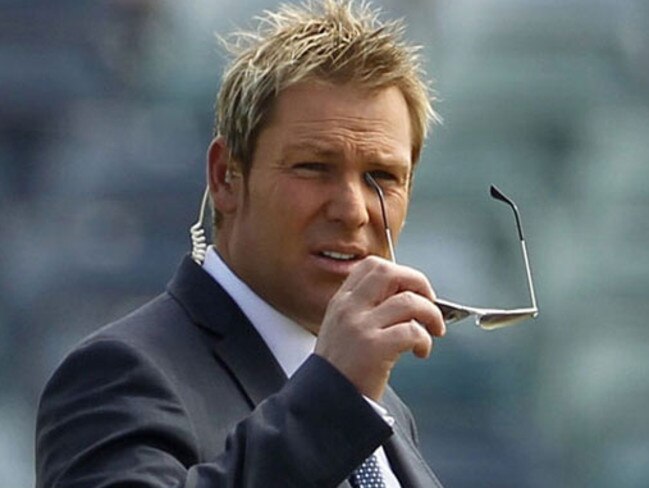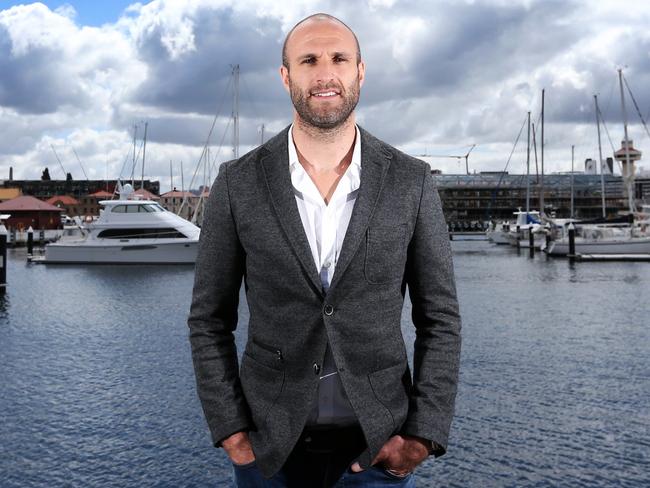The problem with celebrity charities
AS WE head into the season of giving, choose wisely when donating charity dollars. A glitzy foundation set up by a celebrity may not be the best choice.
THE world erupted in praise this week for one of the most generous acts in history.
Facebook founder Mark Zuckerberg and his wife Priscilla Chan pledged to give away $45 billion — 99 per cent of their Facebook shares — to make the world a better place.
Their generous act will help millions, but also inspire even more philanthropy.
Zuckerberg was motivated to give by the Bill and Melinda Gates Foundation, which Bill Gates pledged his fortune to.
The Bible says not to boast about your philanthropy, in the gospel of Mark.
“When you give to the needy, do not announce it with trumpets,” it says.
But that seems crazy. If you can inspire someone else to donate too, you should shout your giving from the rooftops.
But the risk is people try to give like Gates and Zuckerberg, with extra trumpets, by setting up their own charity structure.
Australia already has a lot of foundations and initiatives. If every celebrity and high-profile CEO sets up their own structure, the sector could quickly grind to a very expensive halt.
Foundations that act as middlemen only increase the amount of money flowing to charities if they raise money that wouldn’t have been donated in the first place.
We already have 600,000 not for profits including 38,000 registered charitable entities, in Australia, and only $7 billion in donations and bequests last year.
Small charities don’t get much, with 80 per cent of income going to the biggest 5 per cent of charities.

We’ve all seen the difficulties faced by The Shane Warne Foundation. The leg-spinner’s charitable enterprise was accused of giving away just 16 cents in every dollar over a three-year period. Warne claims the true figure is over 51 per cent if you consider the whole life of the charity.
But running a charity is hard, and often expensive, and if you aren’t raising a lot of donations non-stop, it is possible to end up wasting the money of generous people.
That does no good for the people you’re trying to help, and can hurt the reputations of charities.
Ask Ricky Ponting. His Ponting Foundation was set up in 2008. The first year for which public records are available online is 2012. In that year it raised $540,000 and spent $173,000, for a surplus of $389,000 to help kids beat cancer. Good job, Ricky.
But one year later it raised only $113,000. Of course, the foundation still had costs — $170,000. Which meant it ate up $54,000 that year. Oh, Ricky.
You can’t make a negative score in cricket, but you can in fund raising.
Since then, Ponting’s foundation has done the right thing. It cut costs and raised revenues. It raised $881,000 in 2014 and $161,000 in 2015, well above administration expenses. Money is actually being raised for charity.
But it goes to show the risk. A celebrity sets up a charity with annual expenses, they get distracted from fundraising, it all turns sour.
The first thing celebrities should do is look at helping existing charities. That’s the argument from Sarah Davies, the chief executive officer of Philanthropy Australia.
“It is pretty tough setting up a non-profit, a financially viable one,” Ms Davies said.
“I don’t think the default position should be ‘I want to contribute, I’m going to set up my own’. I think that is an ineffective use of precious assets. You don’t have to go it alone. You can use other people’s tax structures and you can use other people’s help.”
I asked Ms Davies if she thought what Mark Zuckerberg had done was helpful.
“Abso-flipping-lutely!” she said. “I think what he has done is awesome. It’s that role-modelling and leadership.”
While leadership is to be encouraged, Australian celebrities need to realise they are not like Mark Zuckerberg, with $45 billion to spend. Setting up a foundation with their name on it might sound good, but they’d often be better off lending their efforts to someone else.

Celebrity footballer Chris Judd, for example, lends his support to the Mirabel Foundation and gets plenty of good press for it. That’s smart.
Glenn McGrath has a charity with his name on it too. It is already very efficient and effective at fundraising. In the most recent year it raised $16 million, gave away $10 million and had expenses of $4 million, saving a bit for next year.
Celebrities, if you’re reading, why not help out him? And that goes for the rest of us too.
Jason Murphy is an economist. He publishes the blog Thomas The Think Engine. Follow him on Twitter @jasemurphy.




